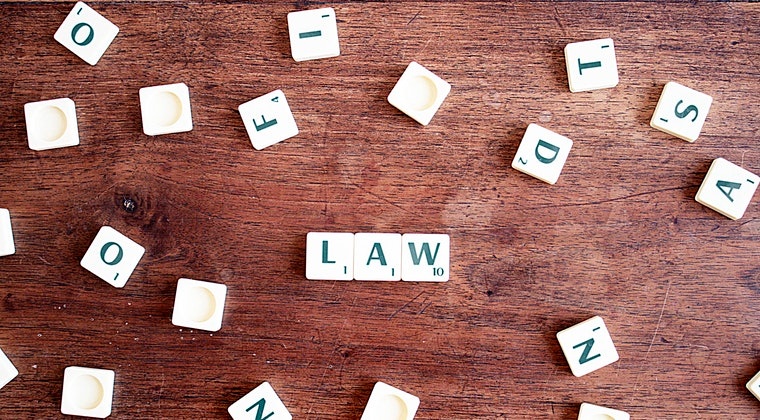Goal setting is everywhere. We set goals for our fitness, our careers, our studies, and our lives.
In the words of entrepreneur Seth Godin, “the people who get things done, who lead, who grow and who make an impact… those people have goals.”
But often we set lots of goals without thinking about the strategy behind them.
What’s the best way to set goals? Should you start easy, or difficult? How many goals is too many? What do you need for success?
Below we look at the science and strategy, so you can apply it to your goals:
Should you start easy or difficult?
Imagine your goal is to run 5km. Should you:
- Run 1km, rest, run 4km?
- Run 4km, rest, run 1km?
The truth is we’re more likely to achieve goals when we start easy. That goes for anything from fitness to finances, or sales targets.
But for some reason, most people prefer to start with the difficult option.
Why?
Studies show it’s because our energy is highest at the beginning, so it makes sense to do the hard things first.
But in reality, if you put an easy task immediately before your goal, you’ll generate a stronger simulation of attaining your final goal.
How many goals is too many?
Have you ever considered that you might have too many goals? Psychologists refer to something called “goal competition” – which means your goals are competing with each other for your focus, energy and attention.
The solution is to press pause on less important goals and simply focus on one goal at a time. You’ll find that progress comes more quickly because you are fully committed to a goal that was only getting a fraction of your attention previously.
In the words of Seth Godin, “You don’t need more time, you just need to decide.”
What’s stopping you from achieving your goals?
You need a system. Research shows that you are more likely to stick to your goals if you specifically plan when, where, and how you will perform the behaviour.
In one study, scientists asked participants to fill out a sentence: “During the next week, I will partake in at least 20 minutes of vigorous exercise on [DAY] at [TIME OF DAY] at/in [PLACE].”
People who filled out this sentence were 2x to 3x more likely to actually exercise compared to those who did not make plans.
Another way to think about this is to link your new goals to something you are already doing each day. For example, if your goal is to network more, you can set this goal: “When I get to work, I will send one email to someone I want to meet.”
You also need to consider the system around you. Think about all the hidden forces that might make your goals easier or harder to achieve. Focus on aligning your environment with your goals; that’s how you can make consistent progress in the long-term.
How do you measure your goals?
Measurement is so critical for effective goal setting for one simple reason: we get motivation by seeing evidence of our progress.
Also, you can only improve the things you measure. Only through tracking do we have any idea if we’re improving.
The best approach is to follow the SMART principle:
Specific: Is your goal focused and clear?
Measurable: How will you measure your success? Plan a strategy and give yourself milestones along the way.
Achievable: Is your goal attainable considering the difficulty and timeframe?
Relevant: Does your goal make sense? Is it compatible with your interests and ambitions?
Time-bound: What’s your deadline?
Have you set your career and study goals? How will you apply your new strategies to your goal setting?






